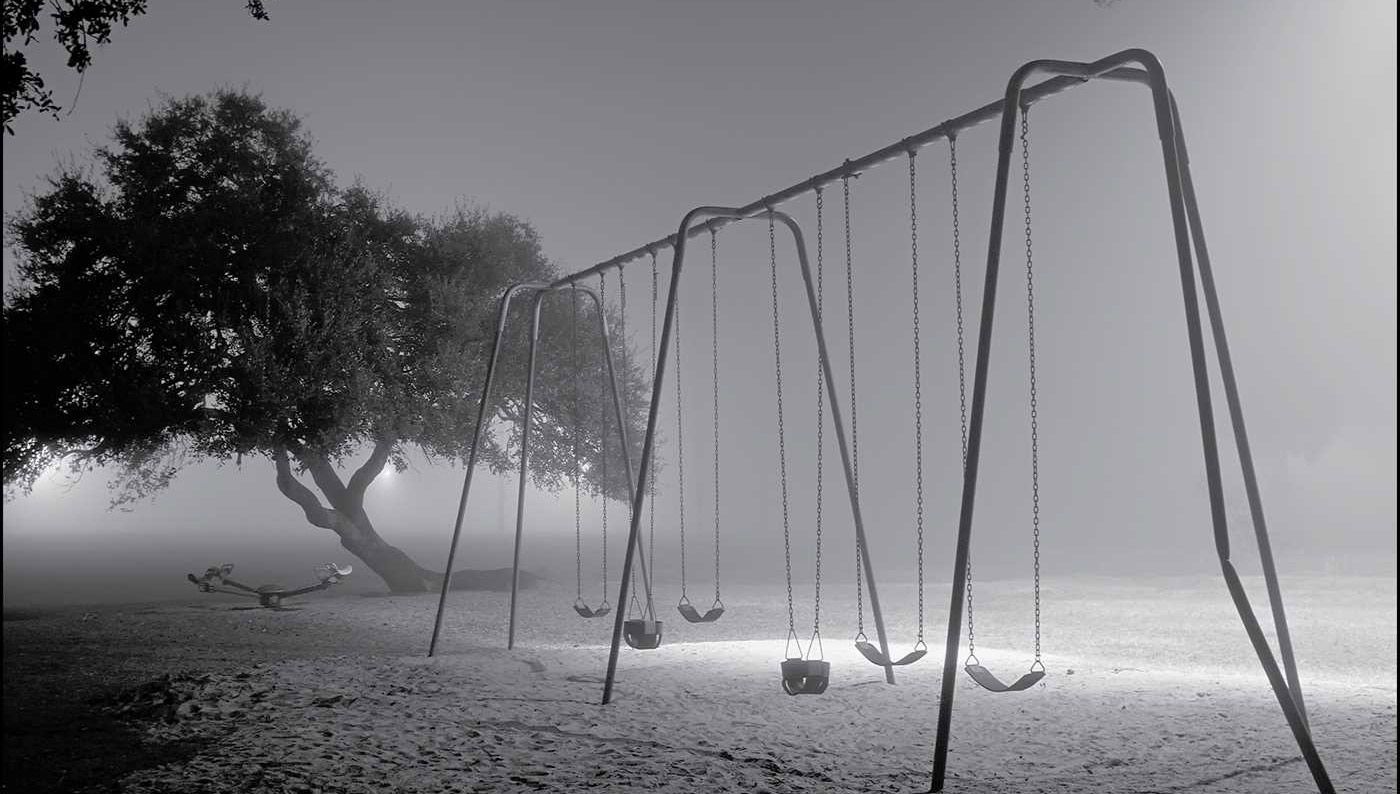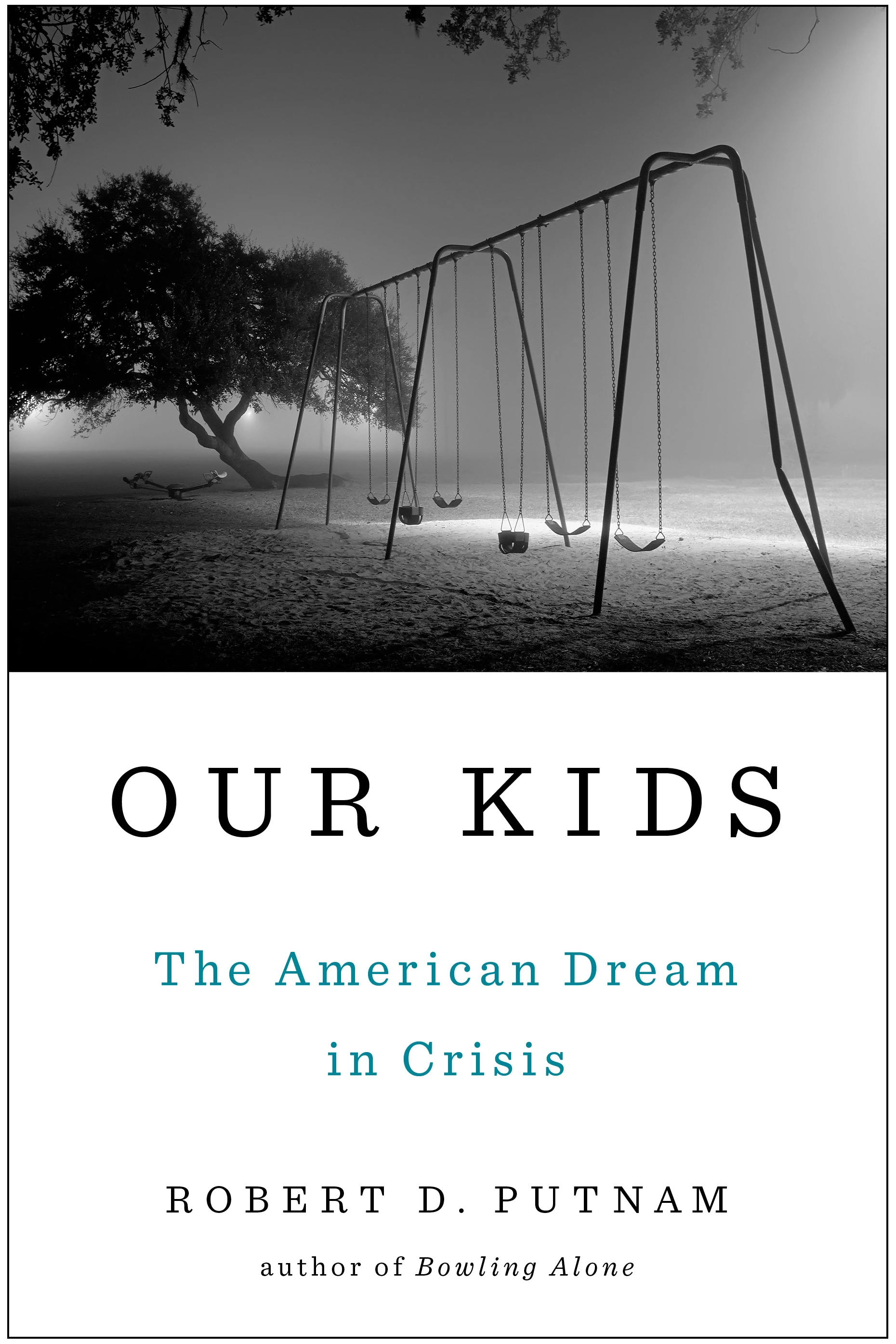"Your then was not my then..." - Our Kids: The American Dream in Crisis, Chapter One


I began reading Our Kids: The American Dream in Crisis by Robert Putnam this past week at the prompting of an informal study group by Bryan Alexander. Part of where my interest lies is selfishly in wanting to escape to books and read more (and at a higher level than the occasional blog post or tweet). But as a father of a 4 year old and someone who has spent the past 8 years working in higher education and investing in the advancement of technology across this sector the widening gap of social mobility is a growing concern. We see reflections of this in the growing discussion of the value of higher education. We see reflections of this in the Occupy movement. I see reflections of this personally as my career takes me from the poverty-stricken ground zero of Brown v/s Board of Education, Farmville Virginia, to the more affluent and economically diverse area of Northern Virginia, Fredericksburg. I'm in an interesting position due to my age as I read Putnam and evaluate my personal stance on his position. I did not live in the 50s, 60s, or 70s. As a child born in the early 80s change was already rapidly underway that would reverberate and have consequences for my generation and beyond. I'm interested in how my personal experience is reflected in national and global trends and my desire for a better life for my daughter and extended family make the economic hardships and stalled social mobility that much more problematic and worrisome.
Putnam begins with several anecdotes of his hometown, Port Clinton, in the 1950s as a way of putting a human face on the various groups that would be affected in different ways by the changes of the past century. Many in the group found these anecdotes problematic hoping for more concrete data and less stereotype building. However, as a narrative device, I appreciated the ability to connect with this generation and understand at least one viewpoint of how life was in the 1950s. But perhaps that is also the key worry for me, one viewpoint. Putnam clearly negotiates a balancing act of his own privilege by referencing the gender and racial imbalances that existed in Port Clinton even during his time there, and yet seems to sidestep them often as well. The words of "Cheryl" ring ever the more true and profound to me, "Your then was not my then, and your now isn't even my now." I have little doubt that things have changed dramatically in the economic and mobility gap of today and the 1950s, but I hope as the book goes on that Putnam will give more time to evaluating the role that race and gender has played and not just education and income.
My own personal experiences tend to match up with Putnam's evaluation of the changes in society that have contributed to this gap today. My father, a college-educated minister, married a poor woman who had been a part of the youth group he was working with. My mother never did get a college education and focused on raising a family with the occasional odd job to assist in earning income for our family. I married a close friend I met during college and we both completed our degrees with her going on to complete a graduate program. Her family was not rich, but both of her sisters are college educated as well (whereas her father was not and worked in mechanical labor jobs and industries for much of his life). So I definitely see the effects Putnam describes of how our social circle becomes less diverse as endogamy increases.
The other reflection from Chapter One that seems to be a problematic position to begin the book with is the notion that college education maps cleanly onto social mobility. I don't by any means discount the truth of this in the second half of the 20th century. However as a position to hold today I don't find the badge of "college-educated" to be as powerful an indicator of outcomes as Putnam would infer and closing out the chapter by explaining his own shorthand of referring to anyone with a college education as "rich" seems incredibly problematic given the current economic realities facing graduates today. I tend to believe inequality of income is playing a much larger force in opportunity today than even 10 years ago driven by the decay of the middle class I would normally consider myself a part of. Perhaps this is semantics about what constitutes someone as "rich" in terms of social mobility, but I'd prefer to see things as shades of gray when evaluating this stuff rather than the absolutes that are dividing us.
Comments powered by Talkyard.